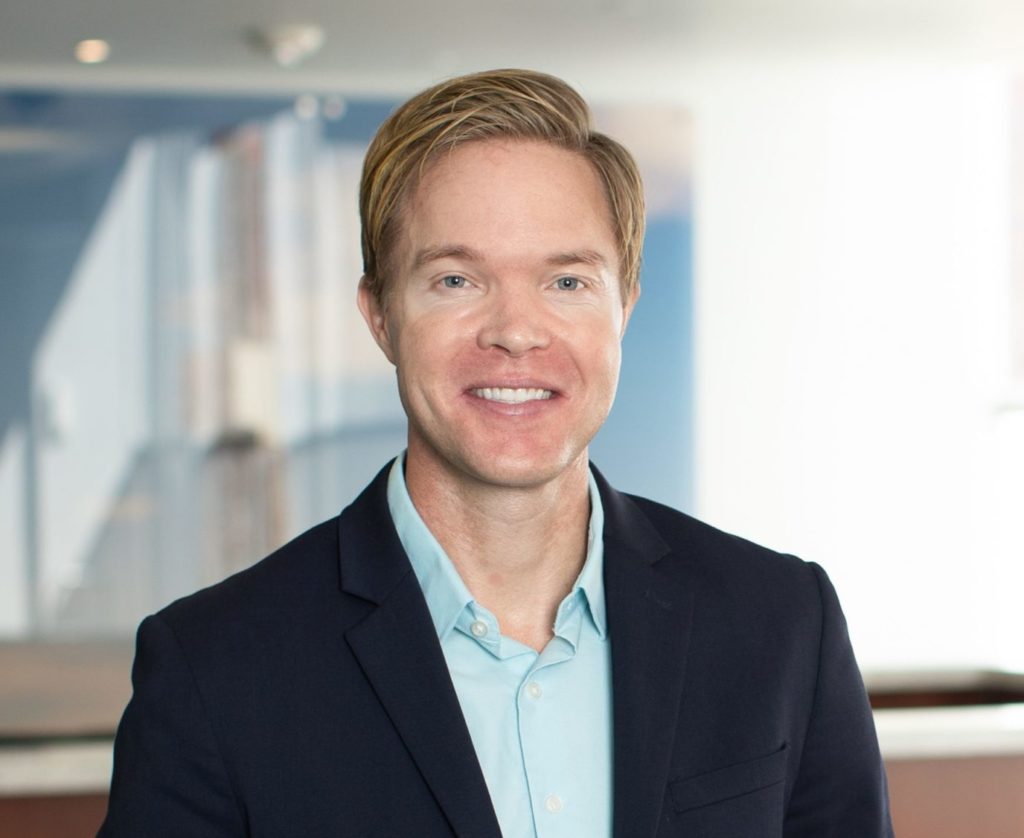
Premium-Only Content
For 162 days in 2020, EP Energy General Counsel Jace Locke was in bankruptcy hell. In early March, Locke and lawyers at Weil convinced a bankruptcy judge to approve a highly contentious and complex multibillion-dollar plan to exit Chapter 11. Then Covid hit. The world went into lockdown. Saudi Arabia and Russia in a feud flood the world with oil. Commodity prices plunged. The bankruptcy deal: Dead. All in 11 days.
Locke and Weil went “back to the drawing board.” There were negotiations and concessions. Cuts were made, losses were accepted and new funds were committed. A publicly traded oil company once worth billions was taken private. Restructuring successful.
In a special Q&A for Texas Lawbook premium subscribers, Mark Curriden visited with Locke, a finalist for the 2021 Houston Corporate Counsel Award for Transaction of the Year, about what he learned from the Chapter 11 process, life changing experiences and pet peeves in hiring outside counsel.
For Mark Curriden’s full profile of Jace Locke Click Here.
The Texas Lawbook: What are two or three things that surprised you about the Chapter 11 process?
Jace Locke: Biggest surprise – probably just the sheer breadth of it all, the number of parties and stakeholders involved, the cost and the need to have a bulletproof process free of conflicts. Fortunately the head of our special committee, Carol Flaton, had experience in large corporate restructurings, and she brought a tremendous amount of order and perspective to it all – she was amazing throughout the process. Second biggest surprise – just how enriching the experience was from a professional perspective. For almost two years, I was able to interact daily with some of the best legal and financial minds in the oil and gas industry – it was incredibly rewarding to work with such an amazing group of professionals across the spectrum: from our counsel at Weil to our special committee members to our advisors at Evercore and FTI, and even advisors to the [unsecured creditors committee] and creditors with interests adverse to us. Definitely the highlight of my career.
Lawbook: What are the biggest challenges for GCs and in-house legal departments like yours?
Locke: Keeping up to speed with the host of legal, regulatory and ESG developments.
Lawbook: What do you look for in hiring outside counsel?
Locke: Real partnership, practical solutions and understanding of impact of legal work on the business – whether it be transactional, compliance or litigation-related.
Lawbook: Do you have pet peeves regarding outside counsel?
Locke: Theory and large law school-like briefs only go so far – need practical solutions and partnership
Lawbook: What does outside counsel need to know about you?
Locke: I’m accountable to our board and shareholders and will be relying on you to help me do right by them. I expect focus, attention to detail and accountability, but I am also loyal and fair. I expect real-time updates, but I don’t micromanage.
Lawbook: How important is diversity in your hiring of outside counsel? Have you ever fired a law firm for its lack of diversity or would you under what conditions?
Locke: No, but I did hire Weil at least partly due to Ronit Berkovich’s involvement. She is just a stellar individual, and I wanted her on the team and in a prominent role. I also specifically asked that she argue confirmation at the hearing.
Lawbook: What are one or two life-impacting experiences you’ve had?
Locke: Birth of my three children – nothing really compares. My father’s lifelong illness with MS and ultimately his death – realizing the extent of his struggles and sacrifice for his family is beyond humbling.
Lawbook: What is your favorite pastime?
Locke: Tennis. Loved playing since I was young and have passed the passion on to my kids. My three kids are all excellent players – my son Dalton plays on the men’s team at Trinity University and my two daughters, Daryl and Dana, play varsity at Kingwood High School. Been to the U.S. Open in NY many times and have a goal of visiting all four Grand Slams.
